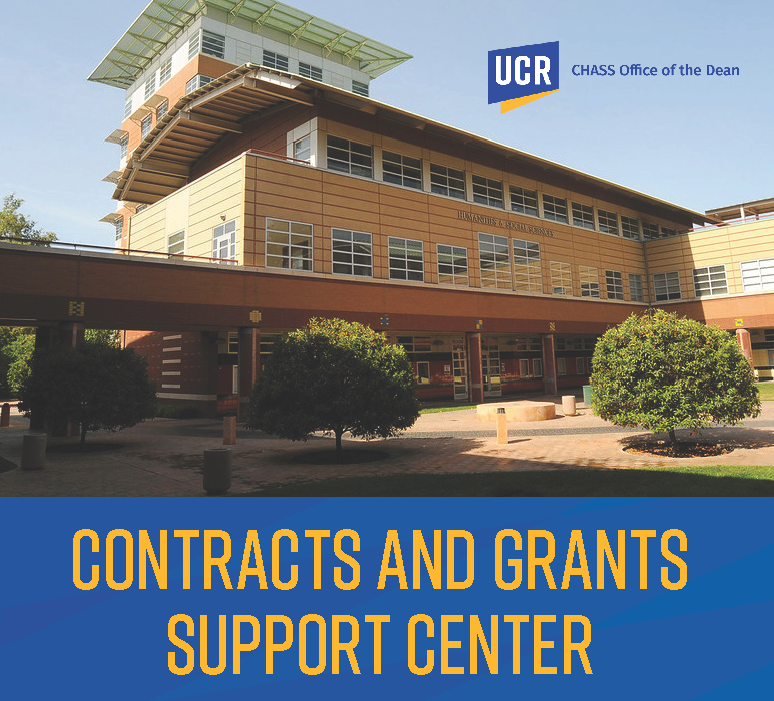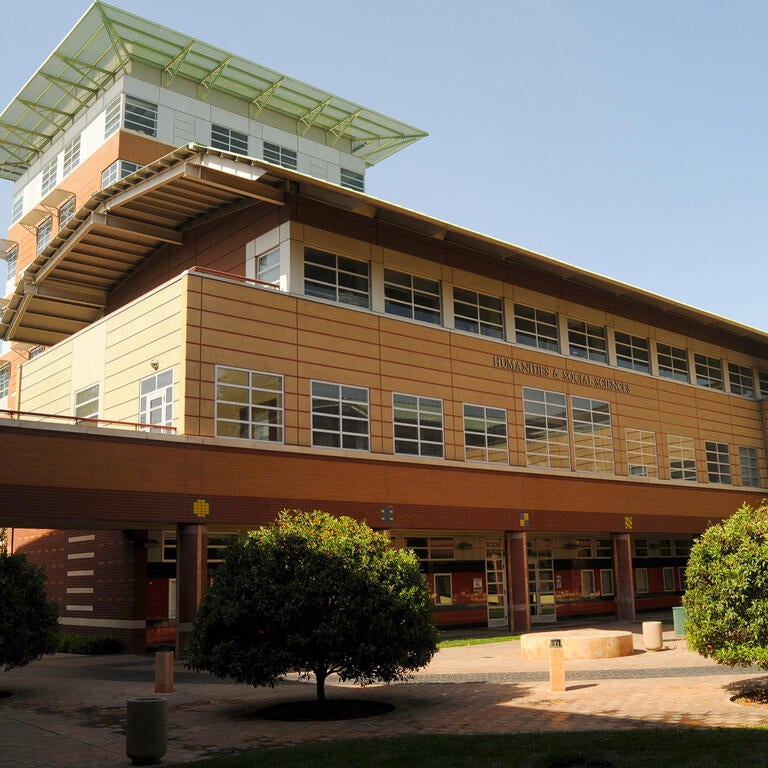College of Humanities, Arts, and Social Sciences

Research Resources
Bulletin Board
HIRING: CHASS Dean’s PPFP/CFP Incentive Fund
The Dean’s Incentive Fund to support our commitment to the UC President’s and Chancellor’s Postdoctoral Fellowship Programs and related partner programs focused on minority-serving institutions. In 2022-23. While the Fund is specifically targeted at Senate faculty hiring efforts and postdoctoral placements supported by the UC incentive program (expanded at the six UC HSIs thanks to The Mellon Foundation), the Fund will also support efforts to recruit, place, and mentor eligible graduates in any academic CHASS unit engaged with the UC-HSI Doctoral Diversity Initiative and the UC-HBCU Initiative.
Read the full letter from Dean Daryle Williams
Call for Proposals:
William T. Grant Foundation Scholars Program
The program supports career development for researchers who have received their doctorate within 7 years of submission and are employed in a career ladder position.
Call for Proposals:
2024 Mellon New Directions Fellowship Competition
The Mellon Foundation has invited UC Riverside to nominate a candidate for the 2024 New Directions Fellowship competition. These fellowships provide support for exceptional faculty in the humanities and humanistic social sciences who received their doctorates between 2012 and 2018.
The CHASS Dean’s Office provides expert-level C&G assistance for principal investigators and departments. For more information, click on the image above.
PI email hotline: chasscghelp@ucr.edu

